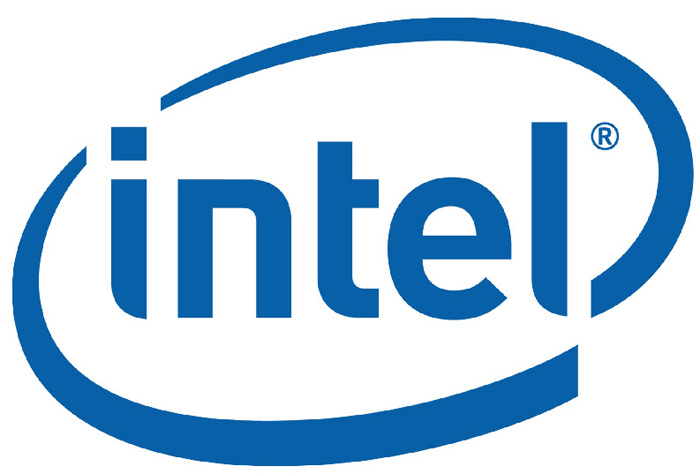The Internet has seen a new portion of Intel news now coming as the most up-to-date Intel CPU roadmap, created specifically for the Italian technology conference 3D Revolution 2014. This time, however, the US chip giant has prepared a ton of news for all hardware fans out there.
We’ll start with high-end processors and will move down to slower and cheaper models. High-end Intel processors mean Socket LGA 2011 so here’s the news – Core i7 Ivy Bridge-E processors will be around through Q3 2014, when Core i7 Haswell-E processors will debut on the market. The new chips are expected to arrive either in late Q3 2014 or in early Q4 2014. Haswell-E will bring a number of improvements such as support for DDR4 memory and more and will run in the new LGA 2011-3 socket using the Intel X99 chipset. This high-end processor will be replaced by Core i7 Broadwell-E processors that will use the same hardware but this event is expected to take place in late Q3 2015.
Moving down the product line we will see that the current crop of Haswell Refresh processors will be replaced by brand new Broadwell silicon on 14 nm technology in Q1 2015. Apart from the new production technology Broadwell is not expected to bring major architectural changes except for a few minor ones but it will still be a welcomed improvement in the CPU field.
In mid-2015 Intel will release its next generation Core Skylake processors that will bring some architectural improvements as well as the brand new LGA 1151 socket. As you can see you will have to change your motherboard if you want to use one of these chips. As to overclockers – they will get unlocked Skylake chips in 2016 only leaving them with unlocked Broadwell cores until then.
The mobile segment resembles the desktop one – in a few months mobile users will get Broadwell-based BGA processors, followed by Skylake mobile chips in mid-2015. Intel also plans entry-level J-marked processors that will replace Atom chips and Braswell-D cores that will retire Bay Trail-D.
Source: Intel
